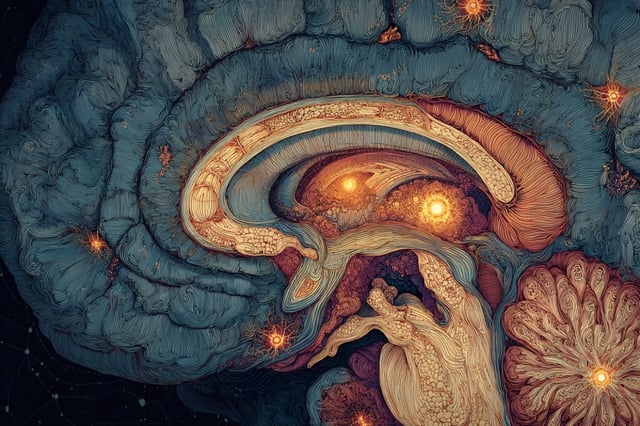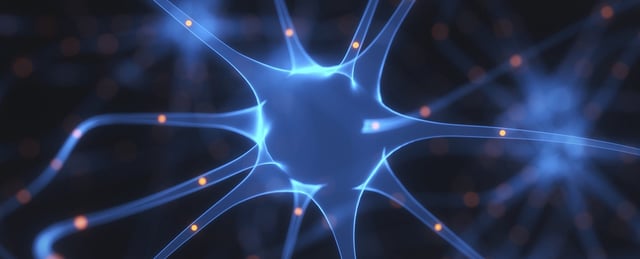Overview
- The research published in Science detected proliferating neural progenitor cells marked by Ki67 in hippocampal tissue from donors ranging from newborns to 78-year-olds
- Scientists traced multiple stages of neuronal development by combining single-nucleus RNA sequencing, flow cytometry, machine learning and spatial transcriptomics
- All identified progenitor cells and immature neurons were mapped to the dentate gyrus, a region critical for memory formation
- Analysis revealed substantial individual variation in progenitor cell abundance, pointing to personalized neurogenic capacity in adults
- These findings provide a foundation for developing regenerative therapies aimed at boosting neurogenesis in neurodegenerative and psychiatric disorders

